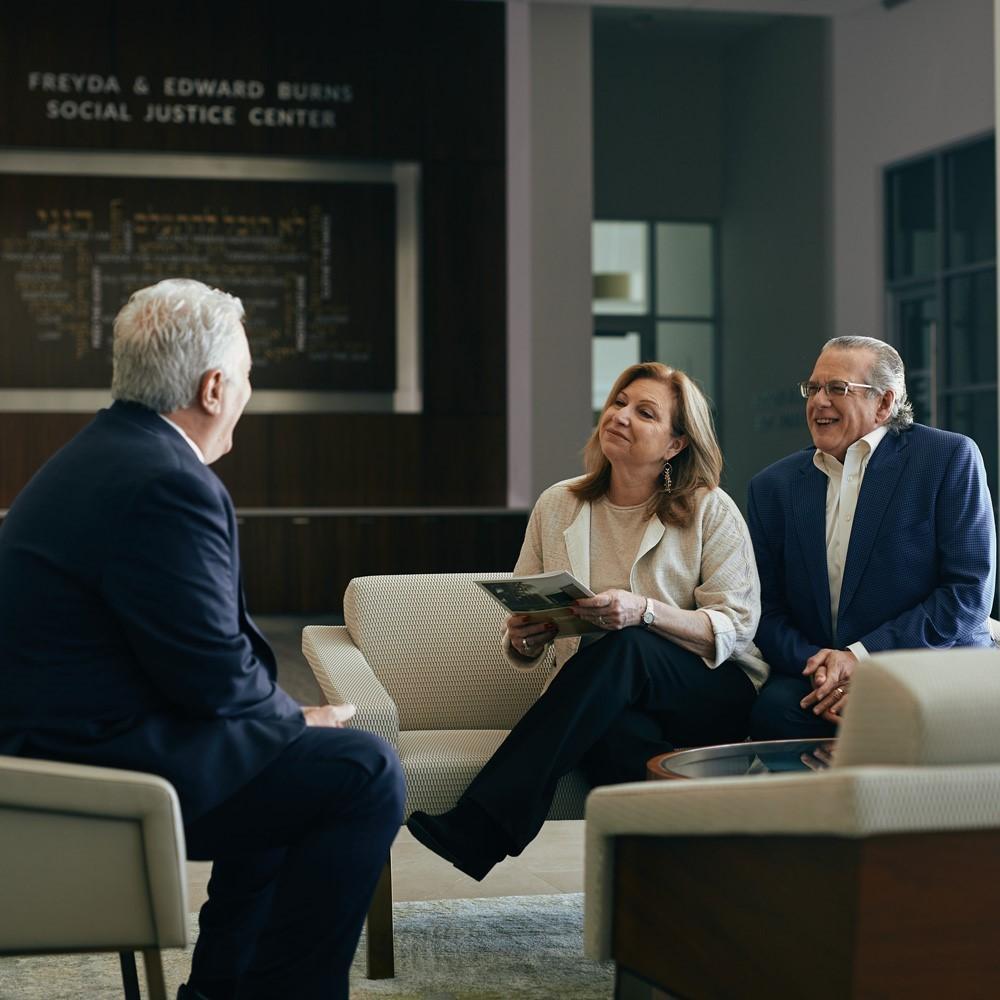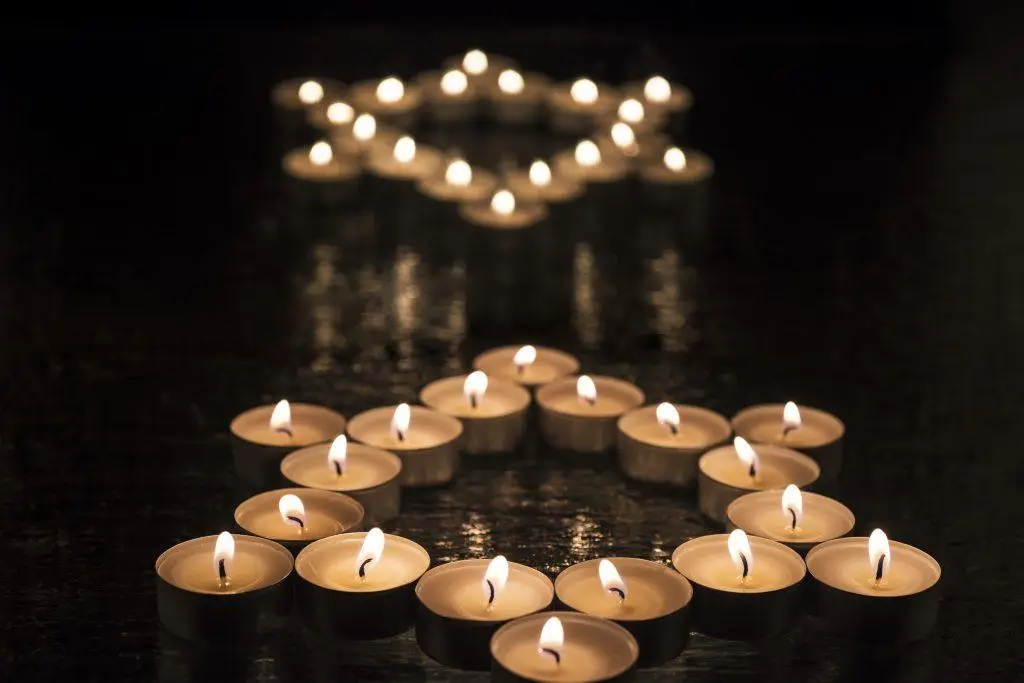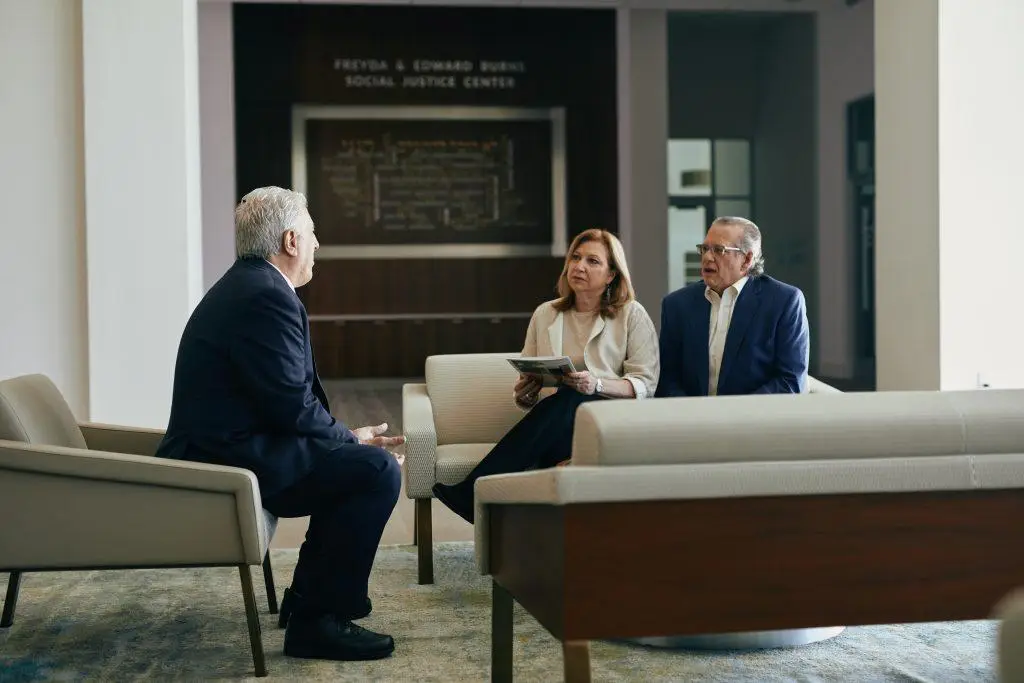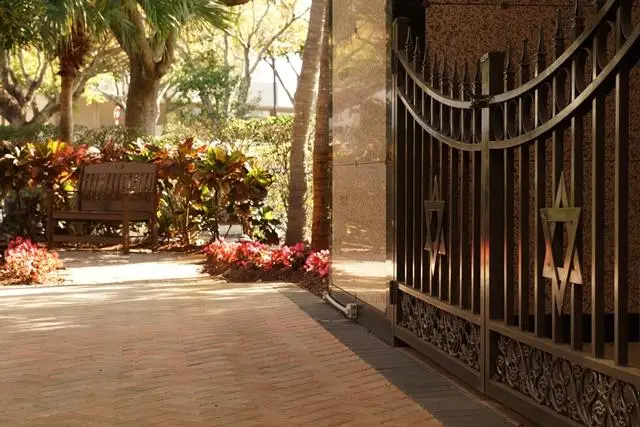
As American statesman Benjamin Franklin so eloquently said in 1789, “In this world nothing can be said to be certain, except death and taxes.”
Very true – so you might as well be prepared.
A recent New York Times article, entitled “Are You Prepared to Die?” delved into this topic. The article includes musings about end-of-life wishes which include many details we should decide for ourselves.
And there is much to consider. Rather than dreading this topic and claiming it is too depressing to deal with, if we look at it as a gift to our surviving loved ones, it may be easier to take care of.
No one wants to be faced with the unexpected passing of their beloved family member and not knowing what to do if there are no instructions from the deceased. Here at the Beth El Mausoleum in Boca Raton, Florida, we see this often occur when grief-stricken family members come to us for assistance at the time of a loss.
It’s advisable to take a moment now or as soon as possible to act, and don’t leave unfinished business to others. It will be a weight off your mind, and a blessing for your loved ones who will be grieving and don’t need the extra stress of making decisions under duress.
The Final Budget
 In life we may budget for a plethora of things – from a home or vehicle purchase, to our children’s education or a vacation – but what about the final chapter of our lives? Who will pay for our final arrangements, and how? Are we leaving this financial burden unexpectedly to our surviving loved ones, who may not be in a position to cover the costs? Depending on the choices, funerals generally cost many thousands of dollars, and could potentially put someone into great financial hardship if not planned for accordingly.
In life we may budget for a plethora of things – from a home or vehicle purchase, to our children’s education or a vacation – but what about the final chapter of our lives? Who will pay for our final arrangements, and how? Are we leaving this financial burden unexpectedly to our surviving loved ones, who may not be in a position to cover the costs? Depending on the choices, funerals generally cost many thousands of dollars, and could potentially put someone into great financial hardship if not planned for accordingly.
Have you thought about…
- What budget am I comfortable with for final arrangements?
- Am I currently setting aside funds for my eventual passing, and is this documented?
- Will a life insurance policy be in place? Will it be indicated in my estate planning or last will and testament that the beneficiary should use the initial pay-out of the funds to recoup these costs?
Document Everything
No one wants someone else making decisions for them that might not be in their best interests – before or when we pass way. That is why we not only should have pre-need final arrangements – but also plans for the unexpected crises that life may throw our way prior to our last day.
Advanced Directive
Prior to a passing, this document is imperative if you want your wishes to be honored if you are no longer able to make decisions for yourself. This could be due to a variety of circumstances where you are unable to communicate due to medical emergencies, physical or mental illnesses, or forms of dementia and Alzheimer’s Disease. According to the National Institutes of Health (NIH), advanced directives provide instructions for medical care, and only go into effect if you cannot communicate your own wishes. The two most common advance directives for healthcare are the living will and the durable power of attorney for health care. If you do not have an Advanced Directive, and you aren’t able to make decisions on your own, the state laws where you reside will determine who may make medical decisions on your behalf.
Final Arrangement Documents
 It is not advisable to list our final arrangements wishes in our will, as generally the will is read after the fact and would be too late for honoring our plans. These documents should be kept separate and given to one or more trusted individuals who could carry out the plans we arranged or desired. This would include pre-paid final arrangements or at least information as to how we would want our surviving loved ones to put us to rest. Do we want to be buried? Do we want to be cremated? Where? In ground? In a mausoleum? Scattered at sea or elsewhere? There are additional options for cremated remains, and there are also environmental-friendly green cemeteries where remains are returned to earth in a more natural way.
It is not advisable to list our final arrangements wishes in our will, as generally the will is read after the fact and would be too late for honoring our plans. These documents should be kept separate and given to one or more trusted individuals who could carry out the plans we arranged or desired. This would include pre-paid final arrangements or at least information as to how we would want our surviving loved ones to put us to rest. Do we want to be buried? Do we want to be cremated? Where? In ground? In a mausoleum? Scattered at sea or elsewhere? There are additional options for cremated remains, and there are also environmental-friendly green cemeteries where remains are returned to earth in a more natural way.

Last Will and Testament
Do we have a last will and testament that spells out all of our final wishes for the distribution of our assets? An executor of our estate should be named and notified in advance, in order to have the documents handy to carry out our instructions for the beneficiaries.
Jewish Traditions
In Judaism, our loved ones will observe our annual Yahrzeit, and may attend synagogue services to say the Mourner’s Kaddish and hear our name read. They may also wish to purchase a Yahrzeit plaque in our memory – which will ensure that our name will be read in perpetuity. This may be something we wish to relay to our loved ones or even set aside funds for in advance, so that when the time comes, this can be taken care of as well. Here at Temple Beth El of Boca Raton our clergy office staff can arrange for a plaque to be ordered when the time comes.

For Those We Have Left Behind... Did You Know?
In addition to being prepared to face our end-of-life decisions, we also should educate ourselves about how to prepare things for our loved ones, as well as what to expect if we are the ones who are the next of kin survivors.
Make sure to order sufficient death certificates, as occasionally a photo copy is not enough and an original is required. You will in all likelihood be notifying Social Security or Pension Funds (if applicable), banks and other financial institutions, and if you are the executor or beneficiary of the estate, you will need this to legally distribute the assets of the deceased. Failure to notify certain agencies such as Social Security or a pension fund could result in overpayments, legal obligations, fines and fees.
However, there are other financial curveballs that could be thrown at us when a death occurs.
Credit Cards
 If you rely on a credit card and share one, keep this in mind. Always have a credit card in your own name. An authorized user on your spouse’s or parent’s account will not be allowed to use the card any longer, once the main account holder dies. If you are the authorized user and the surviving person on the account this applies to YOU. According to all of the major bank credit card companies, it is not legal to use a deceased family member’s credit card.
If you rely on a credit card and share one, keep this in mind. Always have a credit card in your own name. An authorized user on your spouse’s or parent’s account will not be allowed to use the card any longer, once the main account holder dies. If you are the authorized user and the surviving person on the account this applies to YOU. According to all of the major bank credit card companies, it is not legal to use a deceased family member’s credit card.
Chase Bank explains, “Credit cards of the deceased are no longer valid. They cannot be used under any circumstances, even for funerals and final expenses. Transactions on these cards can result in fraud. Even if you’re an authorized user or had permission to use the card before the cardmember passed away, do not use them to make purchases.”
Banking or Investment Accounts
Access to a bank account that is not a joint account, that you may be named as a beneficiary of in a will, will need to be proven before you gain access to the funds. The same applies to any investment/retirement funds in the deceased’s name that have stated a beneficiary.
Estate Planning Attorneys
As for questions regarding any type of debt remaining after a death – the best course of action is to contact an Estate Planning, Trust and Probate Law attorney to inquire what assets would have to be distributed from the estate and what might be a forgiven debt.
Never assume, and always speak to a legal professional to ensure you are following the protocols of the law. It is not advisable to give away or promise items to loved ones, sell any of the deceased personal assets, drive vehicles in their name only, along with many other things in relation to their personal property.
The Steps We Take Along the Way
 Taking steps now to prepare for the inevitable doesn’t have to be sad, stressful or unpleasant. It is just a responsible thing to do not only for ourselves, but for those we hold dear.
Taking steps now to prepare for the inevitable doesn’t have to be sad, stressful or unpleasant. It is just a responsible thing to do not only for ourselves, but for those we hold dear.
The Beth El Mausoleum is here to help anyone in the Boca Raton and surrounding communities for both pre-need and at-need arrangements. Our compassionate Mausoleum Director, Mike Sirowitz, along with all of the caring Temple Beth El Clergy always make this a seamless process. Call Mike at 561-391-8901 or email him at [email protected] for more information.
Yes – Death is a certainty. But only you can make sure you are prepared for the uncertain part, the actual time it happens. Being enlightened about the actions we can put in place, as well as the obstacles that can be avoided, will allow our surviving loved ones the time to mourn without the burden of financial constraints or complex legal matters. Being prepared with an end-of-life plan is the greatest gift we can bestow on our surviving loved ones.
**NOTE/DISCLAIMER: The information herein is provided as a guideline only. Always check with an estate planning or general attorney or financial advisor to determine what is legally correct for your individual circumstances.



